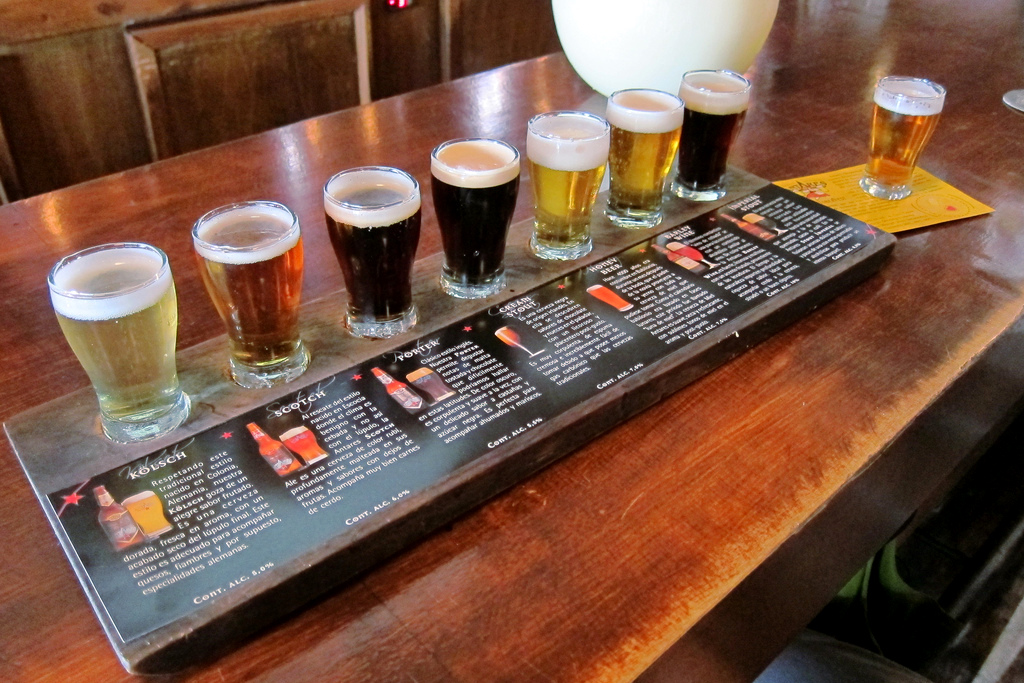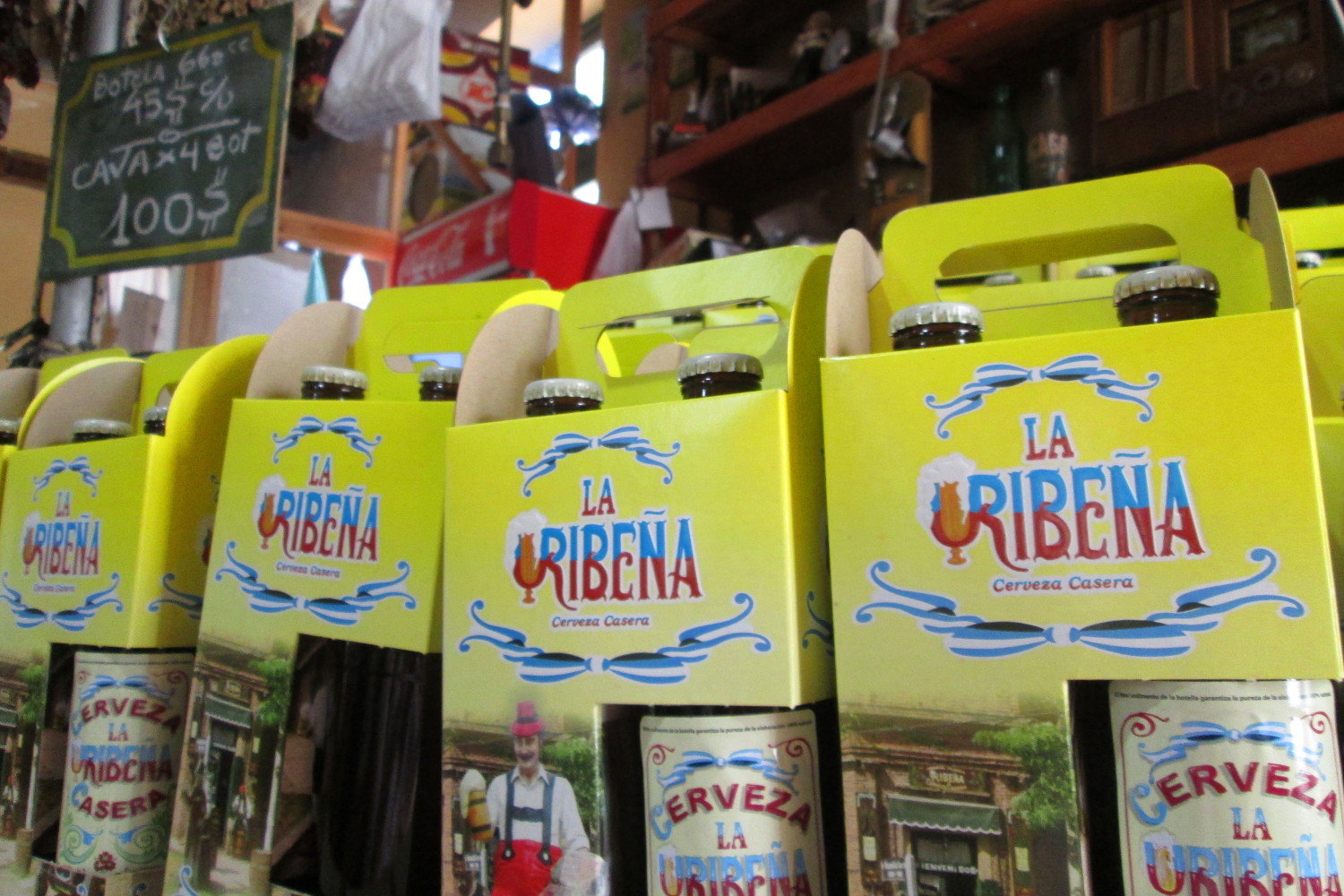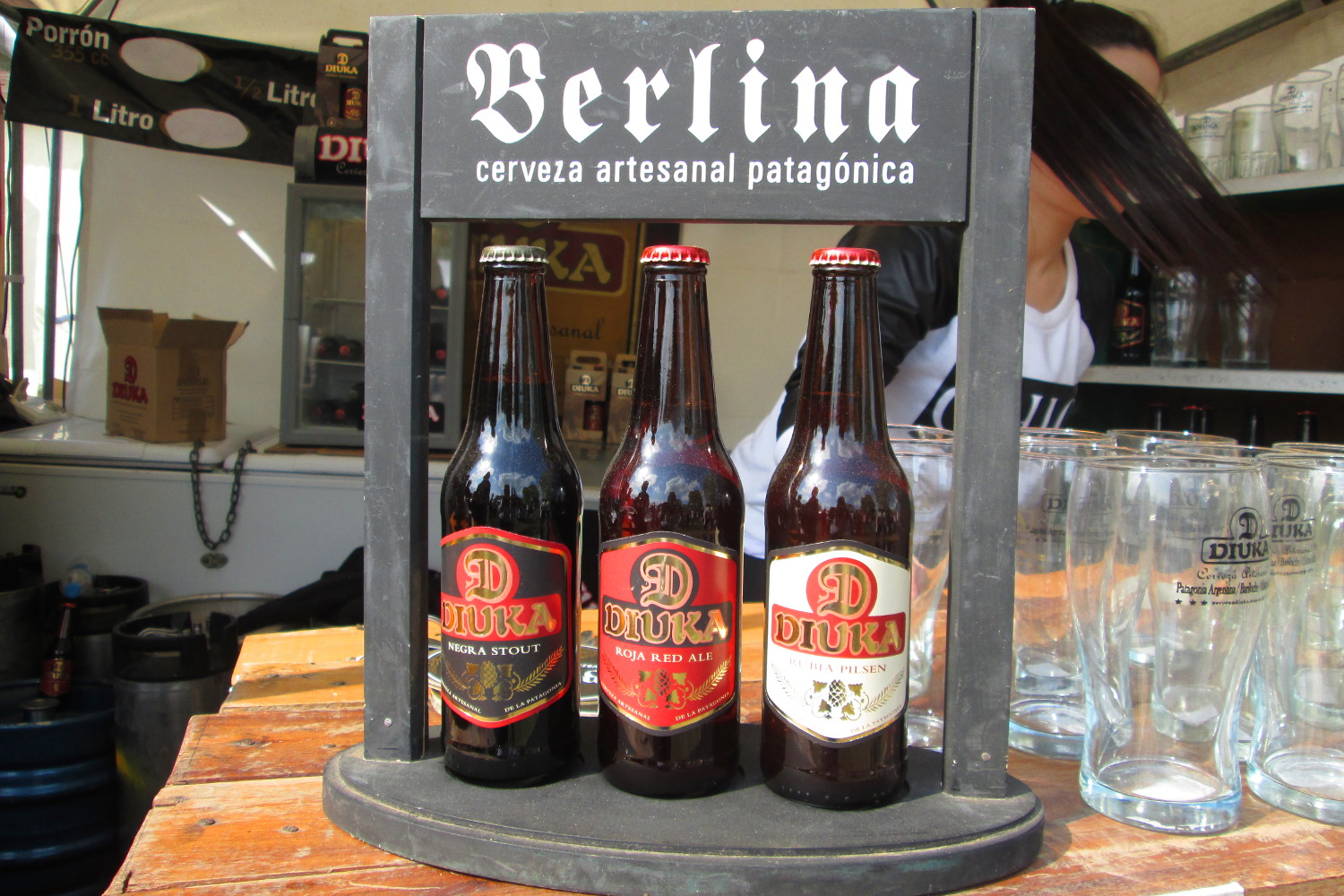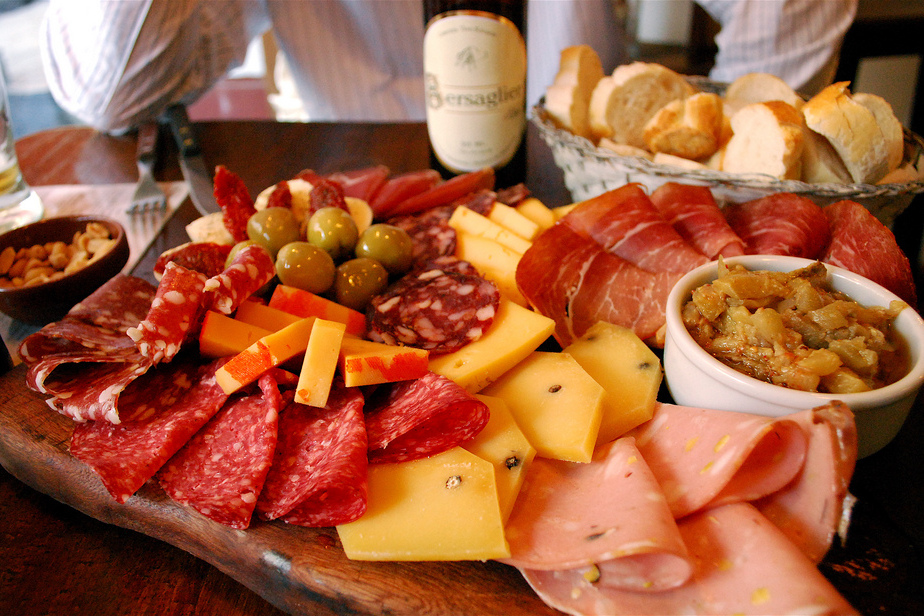Since the country's first brewery, Antares, opened in Mar del Plata in the 1990s, brewpubs serving cerveza artesanal (craft beer) have sprung up in cities all around Argentina, many of them starting life as home breweries or hobby projects using makeshift kitchen equipment.

If you're travelling around Argentina and craving something beyond a plain lager, you're in luck. Just follow our guide below to suds sampling at the best craft beer bars and breweries in Argentina.
The craft beer revolution happened quickly over the past couple of years in Buenos Aires. Among the first in the city to sell cerveza artesanal was Bodega Cervecera (Thames 1759, Palermo). The owner sources specialist craft beer from across the country, making this a great starting point for an understanding in Argentinean craft beer. Another brewery, Taguató based in La Plata, boasts a 6% IPA called 'Argenta' that is brewed with only Argentinean ingredients.
Francisco and Marcelo Terren of Broeders started brewing in their mother’s kitchen a few years ago after tasting craft beer on their travels in Europe and the US. Broeders now produces 3500 litres a month, with a line of beers that includes an Irish red ale, a golden ale, an IPA and a dry stout. The brewery utilizes local hops, water and malts but imports yeasts from more established beer countries like Germany. Their gastropub, Nola , dishes out Broeders' beer on draft and New Orleans-style food.
Along with the big guns are emerging cervezarias (breweries) like Bohl , a small brewery opened by three graphic designers (hence their snazzy merchandising) from Lanus in greater Buenos Aires. The trio started brewing three years ago in their garage after chancing on some secondhand brewing equipment. Having previously made wine as a hobby and giving brewing a go, Bohl are now producing 3000 litres a month.
Argentina's first craft brewery was Antares, which started life as a microbrewery in the coastal city of Mar del Plata. Antares has all but lead the brewing charge in Argentina, now operating a whopping 20 branches of its pubs across the country.

La Uribeña is a microbrewery based in the village of Uribelarrea, 60 km outside Buenos Aires. It brews three types of beer – a 'Pilsen pale ale', a red ale and a stout, and the red ale alone justifies the journey. Owner Enrique Rey started brewing in his garage after learning the ropes from a hobbyist German homebrewer. After a decade of homebrewing, he gave up city life and escaped to Uribelarrea, renovating a crumbling 19th century pulpería (general store) and opening a brewpub, La Uribeña , in 2006. With a cascade of salamis hanging from the ceiling, the atmospheric pub fills up with locals and out-of-town visitors at weekends. A window looks into the room where the beer is now brewed by Rey’s sons.
In Buenos Aires, the most established brewpub is Buller Brewing Company, which was one of the city's first. Breoghan (Bolivar 862, San Telmo) is a dive brew bar founded by two homebrewers-turned-pros who are happy to give advice to other aspiring cerveceros (brewers). Breoghan does three regular beers – Fire IPA, Old Town Stout and Breo Pride Golden Ale – and a seasonal fourth option (the recent Flequillo Brown Ale was particularly good). Cossab is a neighborhood brewpub with a bohemian atmosphere and more than 80 different beers on sale, including six of their own. Of these, the honey ale is popular, as is the Scotch ale.

Outside the capital, the province of Santa Fe has a strong beer-making tradition – when beer maestro Otto Schneider arrived from Germany in 1906, he said this was the best place in the country for a beer factory because the properties of the river Parana were similar to the Czech area of Pilsen. Nowadays, the place to go is Fenicia (Avenida Francia 168, Pichincha) in the city of Rosario. Their seasonal beer list includes La Pichincha Yerba Mate Pale Ale, an American pale brewed with yerba mate and orange peel. The dryness of the yerba mate pairs well with the caramelized malts.
Since Antares opened in Mar del Plata, the city has had a close association with craft beer, with several other microbreweries springing up in the surrounding area. In Mendoza, the heart of Argentina’s wine industry, an Andes-mountain brewery, Jerome , produces the only beer made with the glacial waters of the region.

A number of beer festivals around the country showcase the numerous breweries on offer in Argentina. Every October in Uribelarrea, the village's annual brewfest celebrates beer and picadas (tasting boards of cured meats and cheeses), with close to 30 different craft breweries in attendance. These include several from southern Argentina, such as Diuka from Bariloche, whose brewmaster, Gaston David, started out making beer at home for friends. Diuka's Rubia Pilsen (blonde pilsner) is particularly tasty.
Semana de la Cerveza Artesanal is a week-long craft beer festival held in Mar del Plata in September, which includes tastings and a beer bus that tours sudsy events around town.